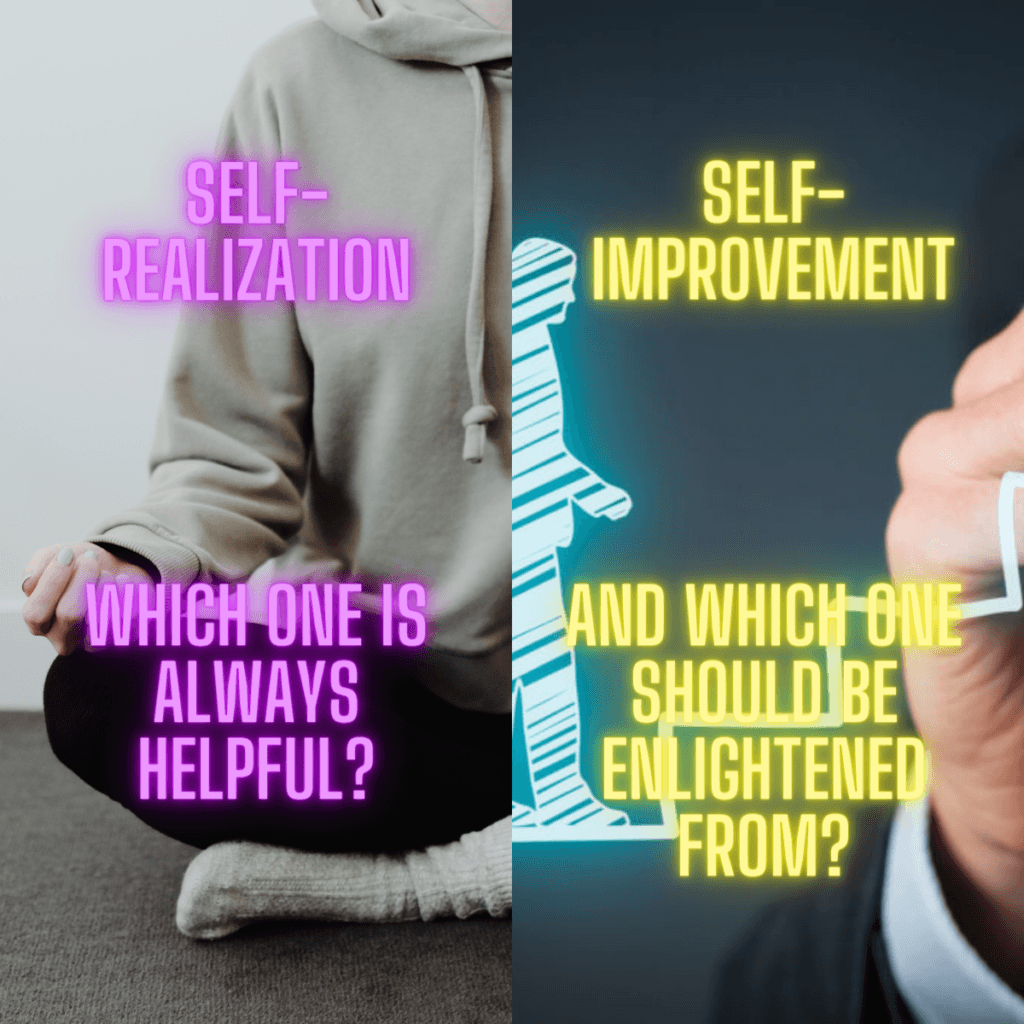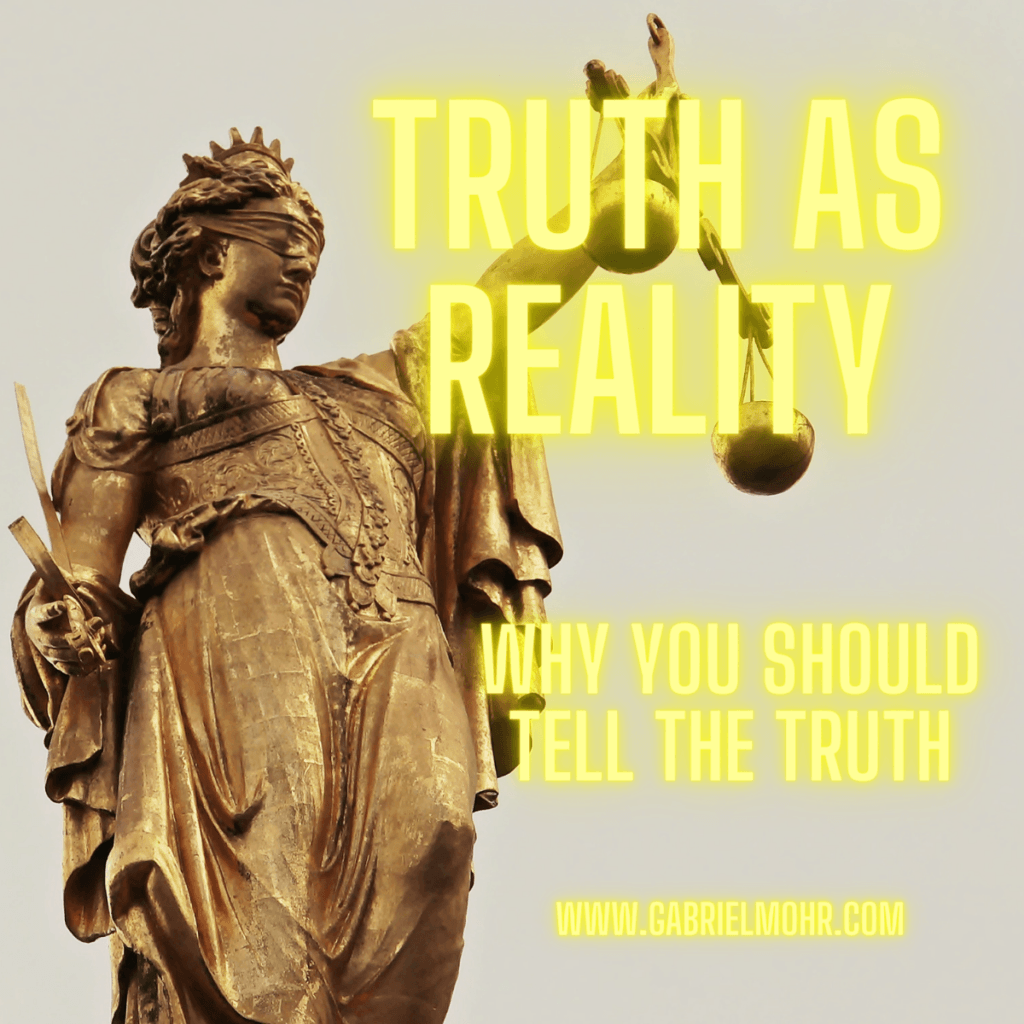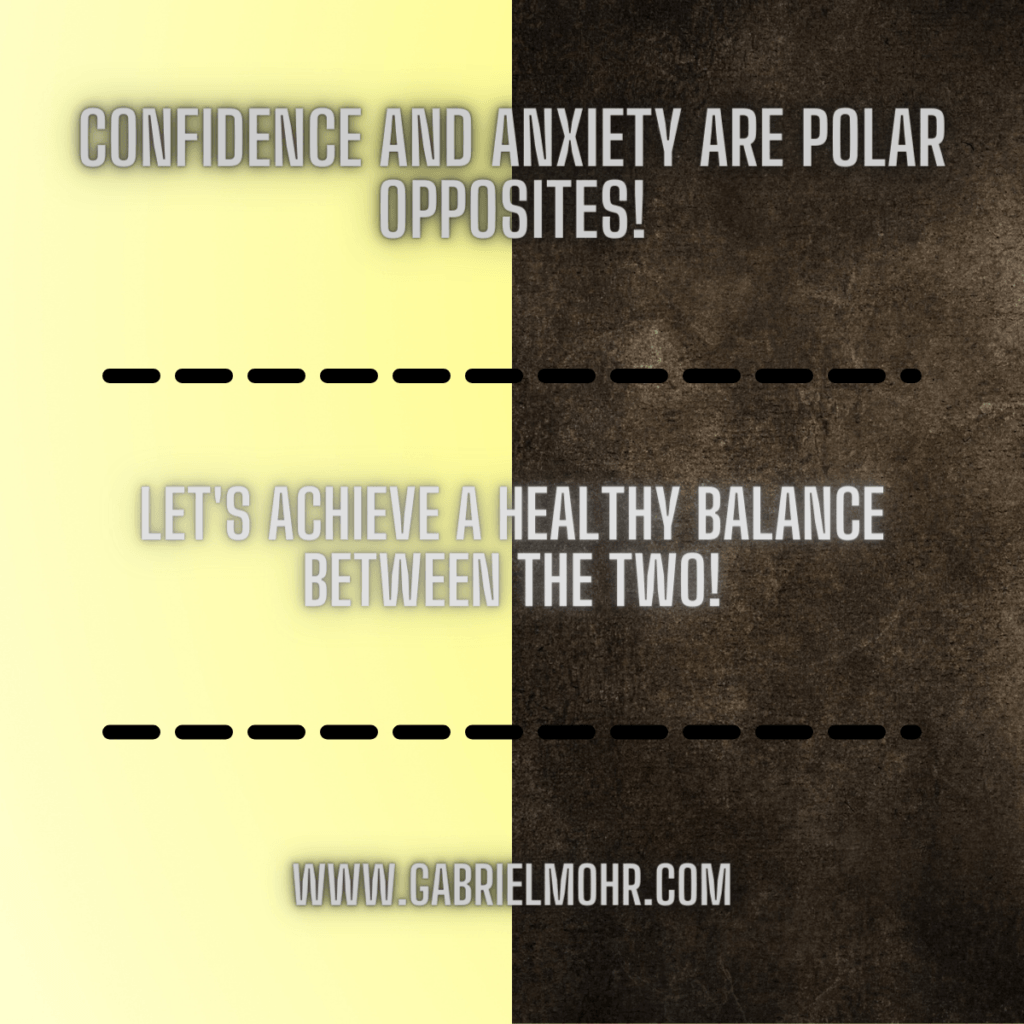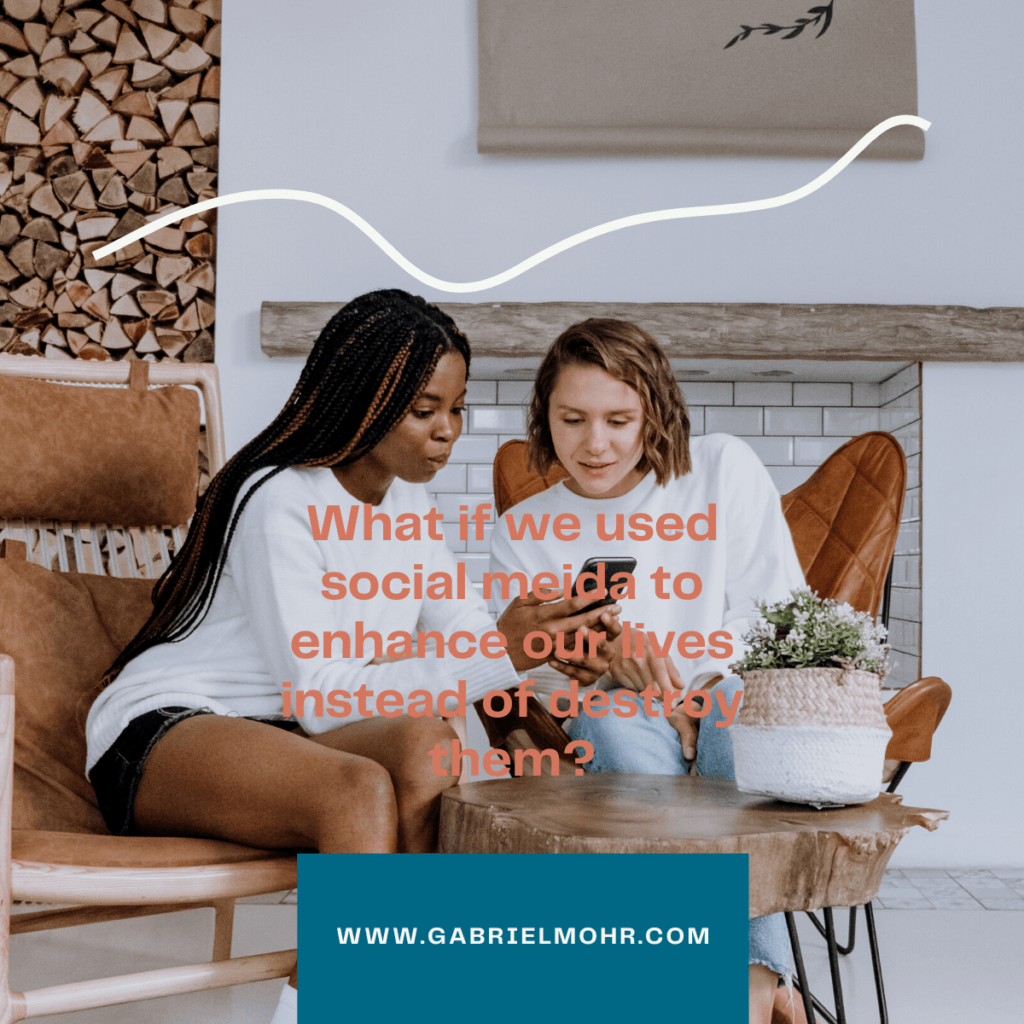
Quick Fact
-Alucard is a great character to study, especially when we want to obtain confidence, fearlessness, transformation, a positive sense of eternity, how to consciously embrace our dark side, and more!
Intro
Hellsing Ultimate, the show that shows us the darkest side of human imagination in the most ingenious fashion. It’s not a blood-and-gore flick meant to keep you fixated on sickness but an actual work of art that subtly explains the reasoning behind war and why leaders create it and thrive in it!
Enter Alucard, the main character of the series, a total and complete monster that… Roots for both sides? And goes out of his way to kill for the good guys? Yep and yep! He isn’t the average “killer of the series” that we’ve come across so many times before, he’s much more aware of his situation to be insulted as such! Calling him a “mindless killer” would not only be inaccurate but distasteful once his true nature is revealed, and I argue that his character contains many qualities which we can observe and benefit from!
Fair warning! This post will contain spoilers of the show, I highly encourage you to watch it before reading the rest of this post.
About The Show
Hellsing Ultimate takes place in England sometime in the late 1990s (depending on which timeline you follow) where supernatural beings are the norm and dark, misty nights are revered by all (apparently). Sir Integra, directly funded by the Queen, is in charge of keeping these abominable threats from taking the lives of millions. However, Integra is only human while these creatures are immortal and impossible to kill, so how is she supposed to keep these monsters at bay?
With a monster, of course!
Her father died and made her heir to the throne. His brother, who was standing next to him when he uttered the words on his deathbed, set himself to kill Integra since he was “supposed” to be the successor. Really he just wanted the money and power.
He chases Integra to the basement where there lies a creature that appears to be dead, in a straight jacket. He shoots her in the shoulder and some of her blood lands next to its feet, and to everyone’s surprise, the creature begins lapping it up and using it as food to gain energy. He then proceeds to protect Integra and kill her assailants while taking many pistol shots to the face in the process, thereby sparking the master/slave relationship between Integra and Alucard and a way for her to fulfill her newly found responsibility.
As the show progresses and the threats become more intense we see Alucard give away some of his character. Mind you, he’s not developing, he’s giving it away – a welcome breath of fresh air in an era of “he started out like crap and now he’s completely on top of everything” which grows old and stagnant after a while.
And what he gives away is so solid and so applicable that I couldn’t help but share it with you today! So buckle up and prepare for some of the most cinematic genius the world’s ever seen!
He’s Not Afraid To Kill. And He Does. A Lot.
This is the most in-your-face quality about Alucard that turns many people away – his kill count. I won’t spoil it for you but he’s definitely racked up a couple of lifetime sentences between his gun, his brute strength, and his superpowers, not to mention the fear he instills in people upon his arrival.
Granted, it’s his job to kill supernatural threats, but there’s a big difference between killing because it’s your job and killing for sport. Alucard admits he kills for fun, and that’s early on in the series – he has no bones about it!
Something we can take away from this mindset is that going through the desire to harm, in our minds, while suspending judgment is actually a healthy thing to do! Maybe we shouldn’t act it out, but we do have a collective “okayness” with killing and death because of our primal past, something which shouldn’t be denied and should be accepted in stride!
He Has No Fear
None whatsoever. This is his greatest quality, in my opinion, his fear of death is completely and utterly not there.
Most of us alive today are afraid of fear, evil, and suffering. We avoid it like the plague and any mention of it brings a certain sickness to our stomachs – not Alucard. He simply goes and does what he wants to do, often smiling and laughing in the process. It’s quite remarkable really, considering the dark things he’s tasked with doing.
This is a huge takeaway for us – having no fear in our system is the equivalent of being enlightened, that is, we feel “light” because there is the absence of “heaviness” (fear). Just because we don’t fear something like killing or death doesn’t necessarily mean we should do it, it’s simply an alternative to being bogged down by suffering.
He Is Fear
This may seem like a contradiction to what I just wrote, but it makes sense in a certain way. If someone like Alucard decides to completely accept fear and turn it into seriousness he will be filled to the brim with fear and be fearless at the same time. He is completely okay with feeling fear (even if it’s only the fear of his enemies) and therefore transcends it by “becoming” it, by being himself in its presence, by acting through it.
How we can apply this in our everyday lives is by accepting the things we cannot change – for example, there will always be death. If we accept death then we accept the fear of death, and if we accept the fear of death we can transcend it.
His Confidence Is Off The Charts
This guy… Has no bounds to his confidence. None at all.
Later on in the series, he’s stranded on a warcraft carrier because he crashed his aircraft into it and killed an enemy of war. He floats on the remains of his ship to England where he’s met with WWIII, two different armies attacking the same city. He leaps off of his ship and lands in the middle of both armies, smiling a devilish smile as the two warlords approach him and grimace, inches from his face.
He’s unstoppable, so why wouldn’t he?
Many of us today are not confident for one reason or another. Part of it has to do with propaganda, part of it has to do with detrimental beliefs, and part of it has to do with lack of proper experience. Choosing to have the kind of confidence that Alucard possesses, the confidence of someone who is truly unstoppable, is a serious advantage in life and a fantastic way to experience wellbeing.
He Fully Embraces His Desire To Be a Monster
He doesn’t hide it one bit! At the end of the series, his arch-rival is about to turn himself into a monster to defeat Alucard. Alucard says (paraphrasing), “Do not turn yourself into a monster who could not bear the weight of humanity, as I have. Only a human can defeat a monster like me.”
This goes hand-in-hand with what I’ve written above – does he care what other people think? Not really! Does he care that other people consider it wrong to kill, maim, and murder? Nope! He has no gripes with being a monster, and this is something we can sort of apply in our lives as well; we embrace our desire to become the thing we wish to become, even if it happens to be a monster. The opposite is suppressing our desires, and this brings undesirable results – it’s far better to know what we truly desire so that we can think it through rationally.
He’s Been Through The Deepest Metamorphosis From Fear to Self/Selflessness
Near the end of the series, he speaks to Walter since Walter considers Alucard his “monster to defeat.” He explains that, by facing him, Walter is going through “the metamorphosis that we all went through (speaking about himself, the main warlord, and his arch-rival),” a metamorphosis that began with extreme suffering, lead to extreme fear, lead to extreme anger, and finally ended with the end result – a fearless monster. This metamorphosis isn’t just science fiction – it’s a process that can happen in real life as well.
When someone goes through, for example, extreme poverty, they probably live in a lot of fear. Sometimes this fear can turn into anger since anger is supposed to be primal energy that keeps the fear from becoming reality. Anger, then, leads people to do shady things such as joining gangs, robbing people, homicide, etc etc. They become fearless monsters, and yet they’re completely consumed by their fear and anger.
The takeaway from this is subtler than I like it to be – instead if going through the process of fear → anger → monster in the physical world, we should go through the process only in our minds. Some of us have so much momentum going in this direction that positivity is a no-go, so going through the metamorphosis in our minds (without letting it manifest in the physical world) is the next best thing. Plus, it looks cooler this way.
He Has (Almost) No Mental Boundaries (No Societal Boundaries/Pressures)
He has a few boundaries – he doesn’t use his full power unless he consciously drops his limits and he has to obey Sir Integra. Other than that he’s boundless, and having a boundless mind is the equivalent of having a completely free and fearless life.
Strangely Enough, Despite All Of This, He’s Fully Conscious
“But Gabriel, a killer can’t possibly be fully conscious and awake! That’s just not right!”
…Except he knows about and consciously acknowledges the 3rd eye.
In the middle of the series, his apprentice is tasked with holding down the fort against an army of Nazi vampires with an army of hired hands. Everything goes great until the leader of the army starts attacking them – and she’s 100 feet tall, immune to their weapons, and wielding a giant scythe! They don’t stand a chance, not one, molecule of a chance!
His apprentice begins to telepathically communicate with Alucard while he’s on the ship… First of all, they’re telepathically communicating while he’s on the ship!
She begins to give him the rundown of the situation and he tells her, “you have a 3rd eye. You should use it! It’s just an illusion!” She opens her 3rd eye, sees that the actual woman is 6′ instead of 100′, and shoots her while inside the mansion. The 100-foot behemoth begins to topple, and the “damage” she created was “reversed” instantly.
This is the most stunning and direct instance proving that his 3rd eye is blasted open but the entire show gives it away too – his interaction with the other characters really brings his own character to light, one that is completely aware and completely conscious of the entire situation at all times. It really makes me wonder, “how awake can we really be until we truly answer the question, ‘why not kill?'”
The Alucard Effect
Combining all of these characteristics produces The Alucard Effect – IE, someone who’s confident, fearless, monstrous, able and willing to act, and strangely wise all at the same time.
I am of the opinion that doing some introspection while watching Hellsing Ultimate is an amazing way to be even more mentally healthy than we already are. For example, asking ourselves questions such as “why is this show so intriguing, exactly? Which characteristics do I want to expand on in my life? How can I be more awake? Do I desire to be a monster and/or do monstrous things?” may hurt or be uncomfortable at first. But, choosing to give yourself the qualities you desire is the first step to achieve/expand on your mental health! I recommend you watch the show, the entirety is an amazing work of art!
Conclusion
Thank you for reading! This is a different kind of post, but I had a lot of fun writing it. Let me know if you want to see more like this! I’ll see you in the next article 🙂



